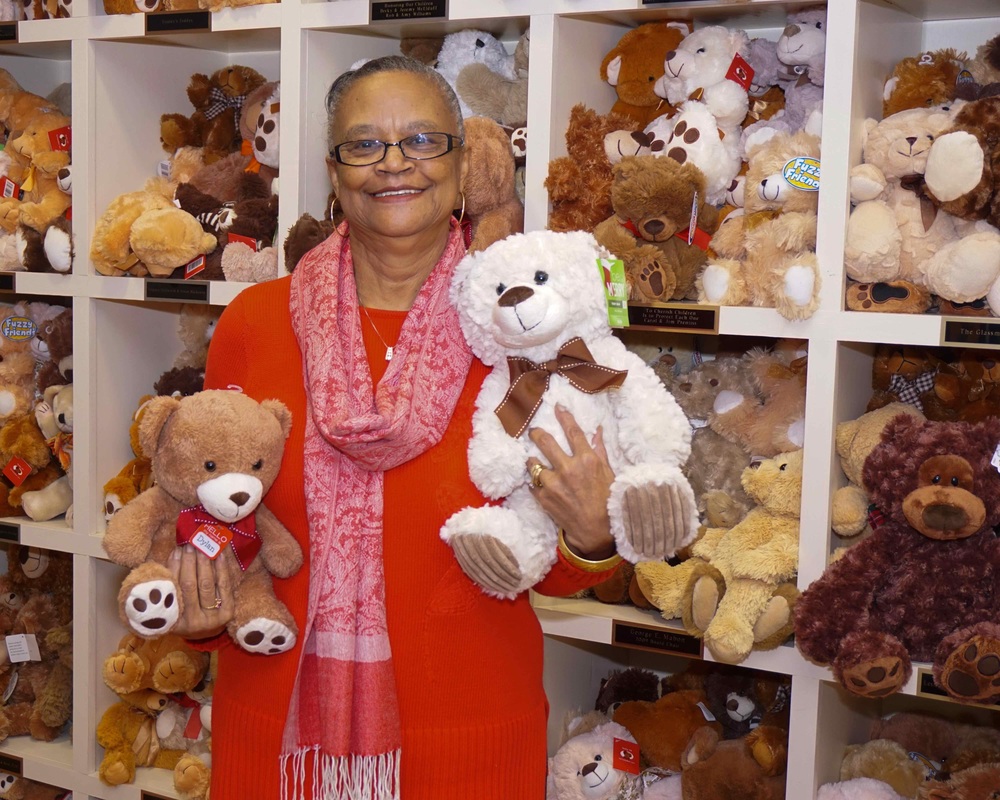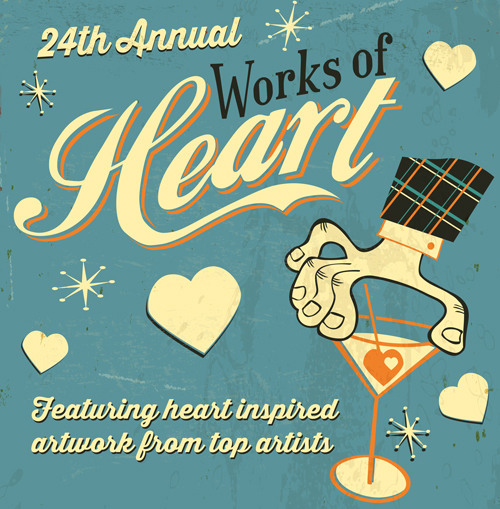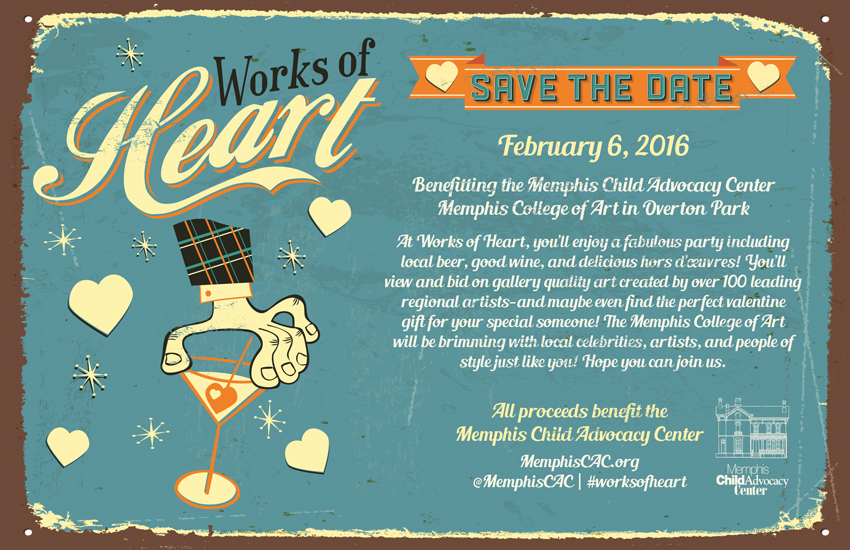“The abuse started when I was eight years old. My mother’s live-in boyfriend put a gun in my face and threatened to kill me if I told. When I finally did tell, he said to my mother, ‘I didn’t do nothing to her. She’s lying.’ And my mother believed him, even though she could see all the signs. She had her own reasons for choosing a perpetrator, but that’s another story. It happened over and over again, and I kept that secret for years. I found all kinds of ways---in recovery, we call them survival skills---to get through life. I didn’t have any guidance. I just grew myself up the best I could.
“I was in my thirties when I started my healing journey, and I’m 77 now. I went through therapy, earned a degree in social work, participated in 12-step programs for Co-Dependents and Survivors of Incest and Abuse (SIA), started SIA groups in the black community, volunteered in rape crisis centers, and volunteer now for the Child Advocacy Center. I’m not ashamed anymore, and I don’t have secrets. You’ll see that in my articles. It’s hard emotionally, but it’s a relief and it’s healing to tell my story. When I speak to groups, there are always people who come up afterward, some in tears, and say, ‘That happened to me too, and I’ve never told anyone.’ When I speak about it, it gives them permission to talk about it too. It's certainly no secret in my family; we talk about it. I put it this way: We are feeling, we are dealing, we are healing. I want people to know that healing is possible, even from horrific abuses.
“My burning desire is to educate so that it doesn’t keep happening. Acknowledge it. Break the cycle. Don’t say it doesn’t happen to this group or that group. It happens. It happens to human beings. I want people to know that the secrets, the shame, is what keeps us in bondage, and we go through life acting out that pain. If we don’t address it, our children will be affected by it.
“Sexual abuse doesn’t just happen to girls and women; it also happens to boys and men. Our men need to know that it’s okay to tell their story so that they can come out of it too. We socialize boys and tell them, ‘You can’t cry and you can’t tell.’ I’m looking for our men to say, ‘Yes, I am a survivor of rape, and as a result these things happened, so I’m telling my story so that other brothers can heal.’ And then the church: You want to get up there and batter us about this sin or that sin, but you don’t talk about the preacher sleeping with the vulnerable woman, having a baby by her, and then getting up in the pulpit. Let’s say to the vulnerable woman, ‘If the preacher tells you it’s between him and his God---I can talk about it because I’ve been there---you’ll know that’s a lie!’ When you bring abuse into the light, you rob it of its power. Any way we can get the message out, we need to get it out. There are some unresolved issues in our lives and we need to deal with them so that our children, the next generation, can be healthier. It’s going to keep happening until we do.”
“I was in my thirties when I started my healing journey, and I’m 77 now. I went through therapy, earned a degree in social work, participated in 12-step programs for Co-Dependents and Survivors of Incest and Abuse (SIA), started SIA groups in the black community, volunteered in rape crisis centers, and volunteer now for the Child Advocacy Center. I’m not ashamed anymore, and I don’t have secrets. You’ll see that in my articles. It’s hard emotionally, but it’s a relief and it’s healing to tell my story. When I speak to groups, there are always people who come up afterward, some in tears, and say, ‘That happened to me too, and I’ve never told anyone.’ When I speak about it, it gives them permission to talk about it too. It's certainly no secret in my family; we talk about it. I put it this way: We are feeling, we are dealing, we are healing. I want people to know that healing is possible, even from horrific abuses.
“My burning desire is to educate so that it doesn’t keep happening. Acknowledge it. Break the cycle. Don’t say it doesn’t happen to this group or that group. It happens. It happens to human beings. I want people to know that the secrets, the shame, is what keeps us in bondage, and we go through life acting out that pain. If we don’t address it, our children will be affected by it.
“Sexual abuse doesn’t just happen to girls and women; it also happens to boys and men. Our men need to know that it’s okay to tell their story so that they can come out of it too. We socialize boys and tell them, ‘You can’t cry and you can’t tell.’ I’m looking for our men to say, ‘Yes, I am a survivor of rape, and as a result these things happened, so I’m telling my story so that other brothers can heal.’ And then the church: You want to get up there and batter us about this sin or that sin, but you don’t talk about the preacher sleeping with the vulnerable woman, having a baby by her, and then getting up in the pulpit. Let’s say to the vulnerable woman, ‘If the preacher tells you it’s between him and his God---I can talk about it because I’ve been there---you’ll know that’s a lie!’ When you bring abuse into the light, you rob it of its power. Any way we can get the message out, we need to get it out. There are some unresolved issues in our lives and we need to deal with them so that our children, the next generation, can be healthier. It’s going to keep happening until we do.”
Articles by Amerah Shabazz-Bridges:
- A Black Woman's Journey Toward Healing from Childhood Sexual Abuse (The New Social Worker Magazine)
- A Black Woman Naming Her Truth: Multiple Children by Multiple Men (The New Social Worker Magazine)
Works of Heart 2016 Fundraiser for the Child Advocacy Center:
(Click HERE or on the image below for more info / ticket purchasing)
(Click HERE or on the image below for more info / ticket purchasing)
Stewards of Children Training
Contact: Kris Crim, 901-888-4363
Contact: Kris Crim, 901-888-4363
ACE Center Task Force of Shelby County:
Shelby County has higher prevalence of childhood sexual abuse and violence between adults in the home than the state and the nation. 20% of Shelby County adults reported having experienced childhood sexual abuse (compared to 11% in Tennessee and 12% across the nation).
Memphis Child Advocacy Center, 1085 Poplar
Website: https://www.memphiscac.org/
Phone: 901-525-2377 or 901-888-4390
Email: [email protected]
Website: https://www.memphiscac.org/
Phone: 901-525-2377 or 901-888-4390
Email: [email protected]



 RSS Feed
RSS Feed